Australia is known for its stunning landscapes, job opportunities, and a lifestyle that draws people worldwide. This has naturally led to increased demand for rental properties. In fact, the property rental market in Perth offers diverse housing options, from riverside apartments to family homes in the suburbs.
However, it comes with challenges like fluctuating rental prices and competition. Traditional property search methods, such as classified ads or real estate agencies, are limited in delivering real-time information. Thus, property rental apps in Australia have revolutionized the property market, benefiting both landlords and tenants.
The growing importance of property rental apps can be attributed to their ability to streamline the rental process through features like location-based searches, in-app communication, and secure payment options. As more residents are recognizing the advantages of these apps, they are swiftly reshaping their search for rental accommodations. This allows them to establish themselves as indispensable tools in the city’s property rental landscape.
What Are The Increasing Demands In The Property Rental Market?
The property rental market in Perth, Australia, has undergone a transformative shift in response to the growing demands of both renters and landlords. As the demand for efficient, transparent, and user-friendly solutions continues to rise, property rental apps have risen to the occasion, providing a myriad of benefits to both renters and landlords in the area.
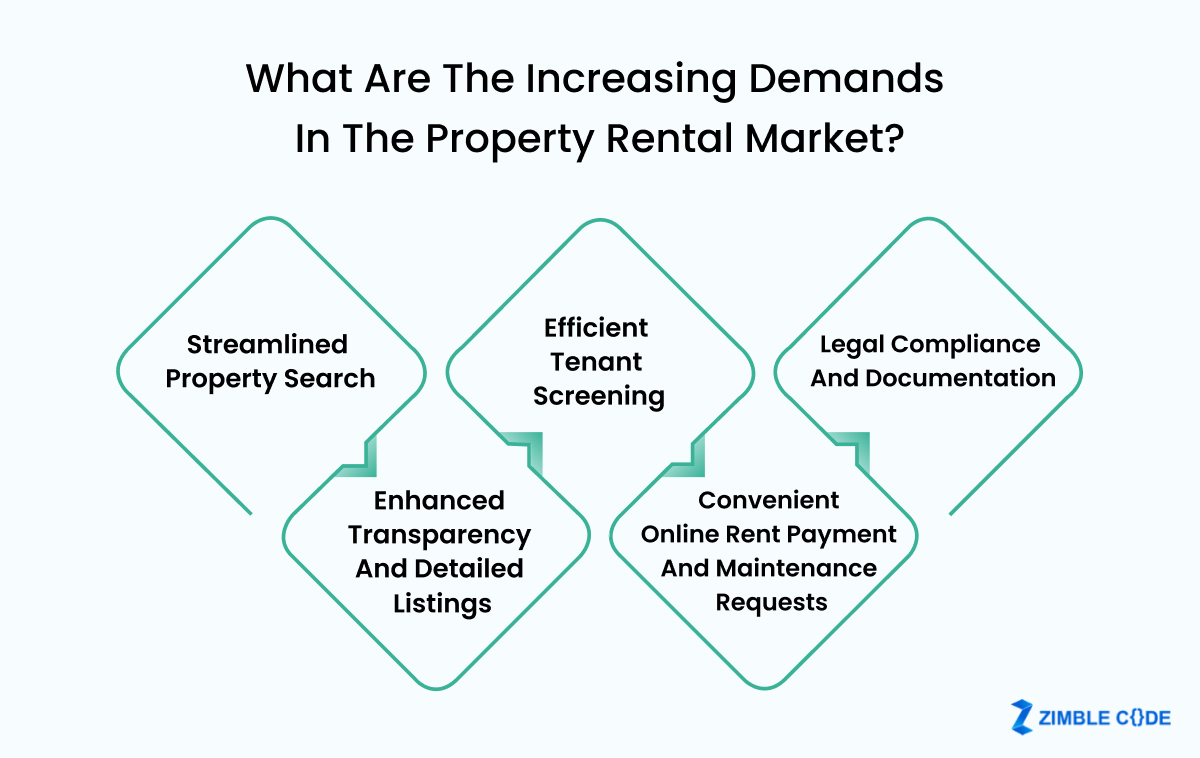
- Streamlined Property Search:
Property rental apps present renters with a vast repository of property listings, simplifying the process of discovering suitable residences through advanced search and filtering features.
- Enhanced Transparency and Detailed Listings:
These applications consistently provide detailed property listings, complete with high-quality imagery, accurate descriptions, and all essential information. This approach minimizes uncertainty and improves decision-making for renters.
- Efficient Tenant Screening:
Property rental apps often integrate tenant screening services, empowering landlords to evaluate the suitability of potential tenants swiftly and thoroughly. This not only saves time but also mitigates potential risks.
- Convenient Online Rent Payment and Maintenance Requests:
These apps facilitate online rent payments and optimize the procedure for submitting maintenance requests, streamlining these critical processes for renters and landlords.
- Legal Compliance and Documentation:
Property rental apps offer valuable assistance to landlords by aiding in the creation of legally sound rental agreements. Furthermore, they help landlords stay informed about pertinent local laws and regulations, promoting compliance.
Read Also – How Much Does It Cost to Build Real Estate App Like Zillow
What Are The Key Features Of A Property Rental App?
As technology reshapes our lives, property rental apps have become essential in the real estate landscape. Whether you’re a property owner seeking tenants or a renter searching for a home, these platforms offer convenience and transparency.
1. Property Listings with High-Quality Images:
Including high-resolution images proves to be a significant game-changer. It allows landlords to effectively display their properties by providing a gallery of well-lit, intricately detailed pictures. For an additional layer of appeal, virtual tours or videos can be integrated to offer prospective renters a more immersive and engaging visual experience.
2. In-App Chat:
The in-app chat function facilitates effortless communication between guests and hosts. It allows users to make inquiries, clarify doubts, negotiate terms, and receive prompt responses, ensuring a smooth and convenient interaction experience.
3. Reservation Management:
This feature in rental apps empowers users to oversee their upcoming reservations and bookings in one place effortlessly. It simplifies the process of canceling or rescheduling appointments with a single click.
4. Property Comparison:
Users can compare multiple properties side by side, evaluating factors like pricing, key features, locations, and amenities. This tool assists users in making informed decisions by providing a clear overview of their options. It simplifies decision-making and empowers users to choose the best property, ultimately improving their rental experience.
5. Wishlist Option:
Guests can save and bookmark properties of interest for future reference. This feature enhances the user experience and facilitates long-term planning, allowing users to revisit their preferred choices effortlessly.
6. Hosting Features:
Users can maximize their property’s earning potential by creating listings on the platform. This feature enables them to attract potential guests, ultimately turning their property into a sought-after destination for travelers worldwide.
7. Rating and Reviews:
Users have access to ratings and reviews left by previous guests for properties. This valuable feedback aids users in making informed decisions by providing insights into the experiences and satisfaction levels of others.
8. Multi-language Support:
Including multi-language support widens the app’s accessibility to a diverse user base. It ensures that users can engage with the platform in their preferred language, enhancing their overall experience and promoting inclusivity.
Read Also – How to Build a Real Estate App Like Property Finder?
Wrapping up
The potential impact of a successful property rental app in Perth is truly game-changing. These platforms don’t just simplify the rental process; they create a dynamic ecosystem benefiting both property owners and renters. Whether you’re a property owner seeking tenants or a renter searching for your dream home, embracing these innovative tools is the key.
Frequently Asked Questions (FAQs)
Q1. What is the typical cost to build a property rental app?
A property rental app usually costs $17,500 to build. However, the total cost can be as low as $15,000 or as high as $20,000.
Q2. How long will it take to develop an app?
App development duration varies by complexity: simple apps take 2-4 months, average ones need 4-6 months, and complex apps may take over nine months.
Q3. What should I know before starting real estate app development?
Before starting real estate app development, understand your target market’s needs and ensure a reliable source of property listings.

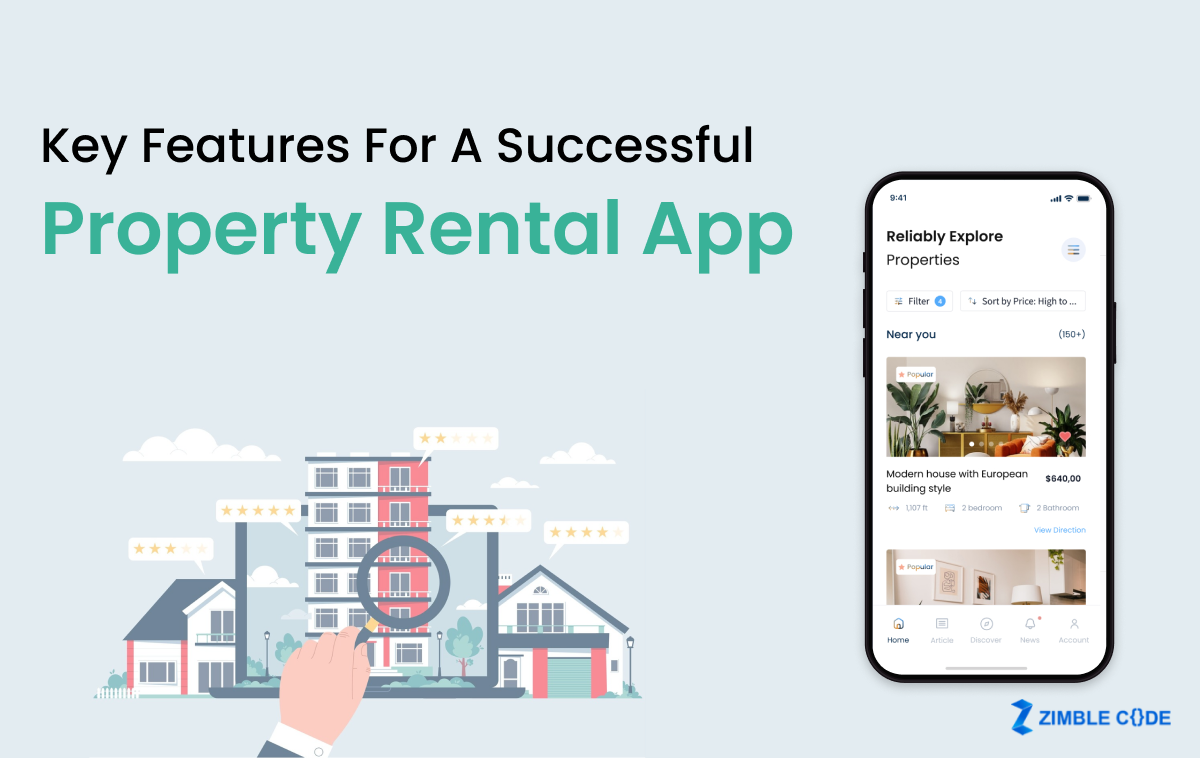
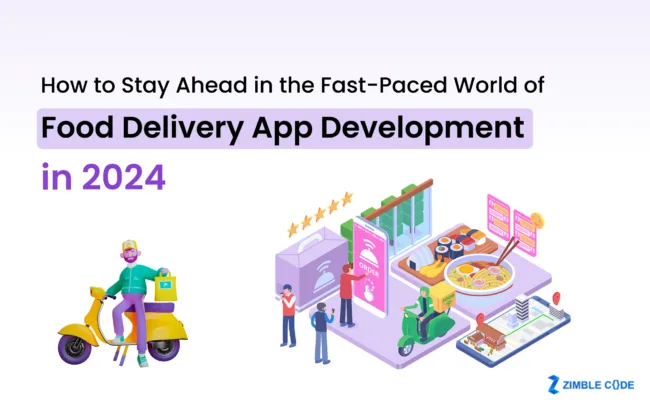
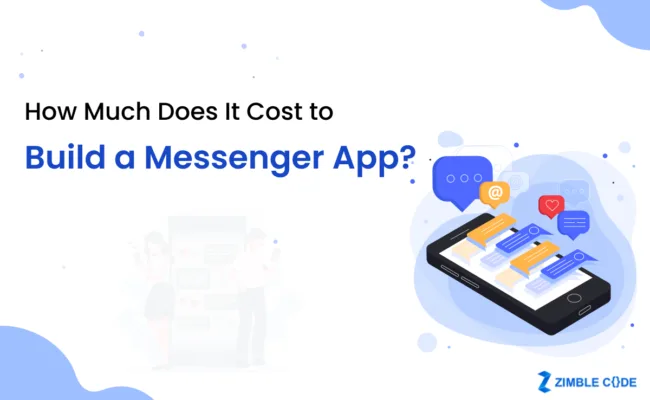
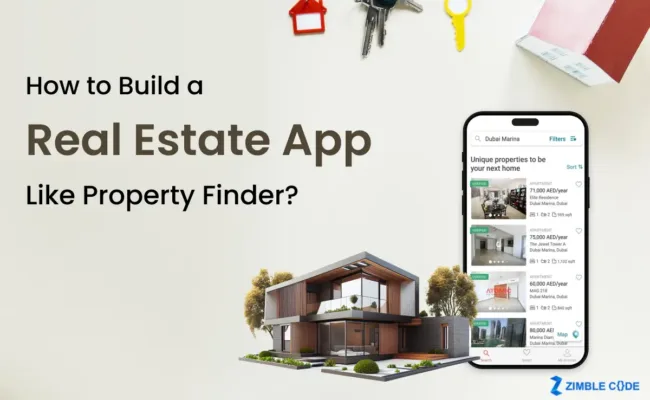
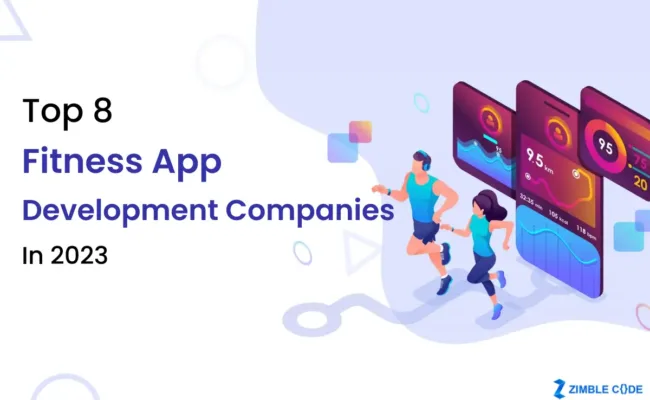
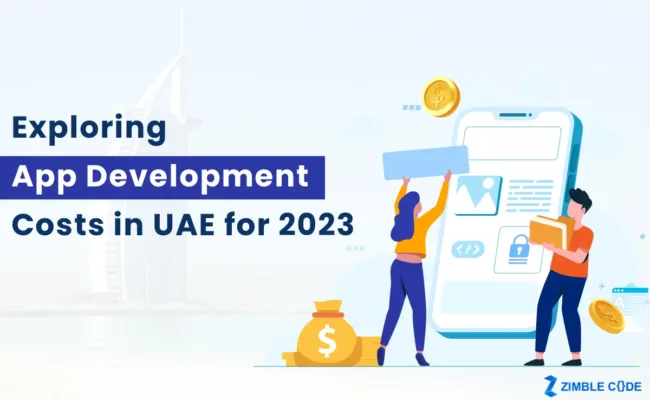

Leave A Comment